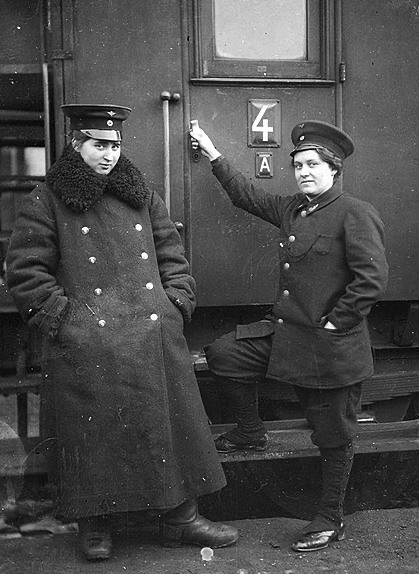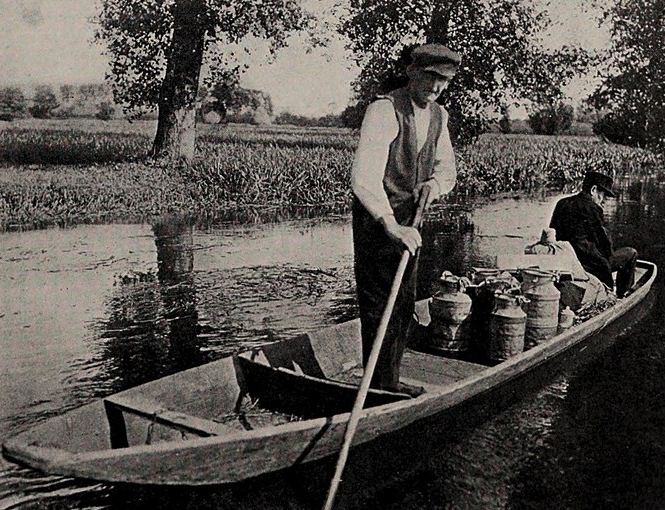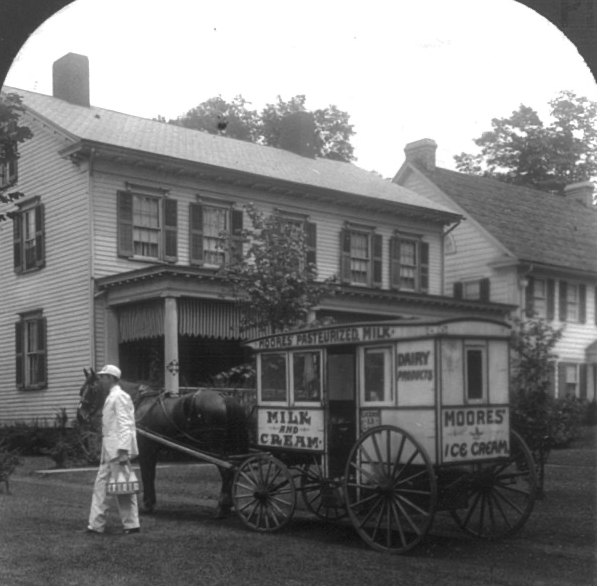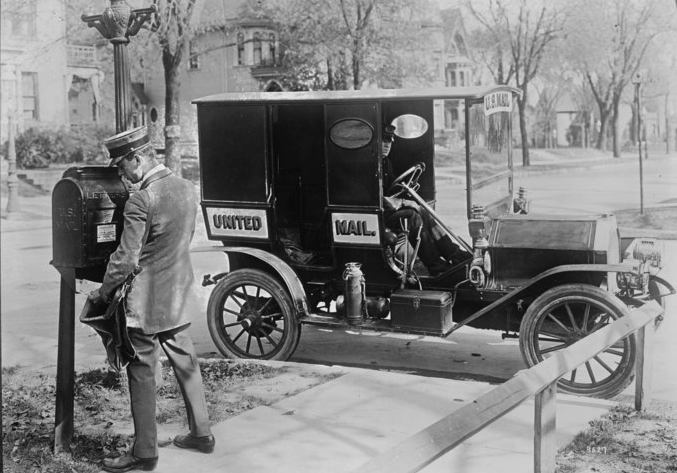
When I learned that one of my great-great-grandfathers was a gravedigger and helped bury soldiers during the end of the Civil War, I became enthralled with early American occupations. I’ve researched and written about Morgue Masters, the skeleton trade, hangmen, and even the scissor grinder.
But how does one find out about the occupations of their ancestors?
It is actually not that difficult if you are willing to take the time to do the research.

Talk to Family and Family Records
The first place to start when looking into ancestor occupations is your family. Talk to the old ones, great aunts, distant cousins, and even an elderly neighbor.
Pick their brains for family stories.
Also, ask to look through old photographs. My grandparents owned the only gas station in town and I found pictures of them at work. Old photographs can reveal a lot about past occupations.

DNA Testing
After you have exhausted word-of-mouth and old photographs, I suggest getting a DNA test.
I did my test through Ancestry and, while I do get to build up my family tree, I absolutely despise all the extra subscription costs for features.
With that said, build your family tree. Depending on the service you go through, you may get access to census records, newspaper clippings, and other details about your family.
Read through them. They will often reveal trades and crafts.

Newspaper Archives
After you collect names and general areas of where they lived, it is time to head over to my favorite place on the internet: The Library of Congress’s collection of newspapers published in the U.S.
https://chroniclingamerica.loc.gov/search/titles
The link above should take you to the newspaper search where you can begin searching family names. You can narrow your search down to years and state. It is an awesome experience for the nosy.
You will find weddings, births, deaths, divorces, arrests, and local talk within the old newspaper.
With any luck, you will also discover the occupations of recent ancestors, if you haven’t already done so by this point.

Local Libraries and Historical Societies
While I love the newspaper archives, let’s not forget about local libraries and, most importantly, local historical societies.
Take you list of names to the historical society where they lived and speak to one of the experts in research. Historical societies are there for a reason and that is to preserve local history.
Historical societies are treasures. Be sure to support one in your area.
Keep Notes
Keep notes on everything you find and write down every question you have.
If you are like me, you will want to keep a hard copy of your records so that future generations can easily find them and build on them.

